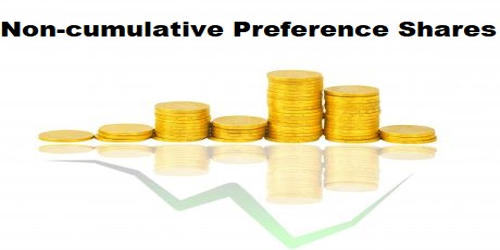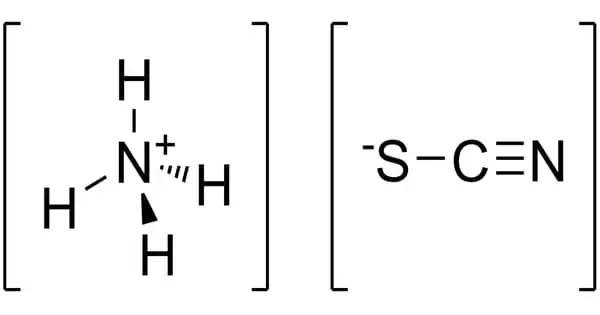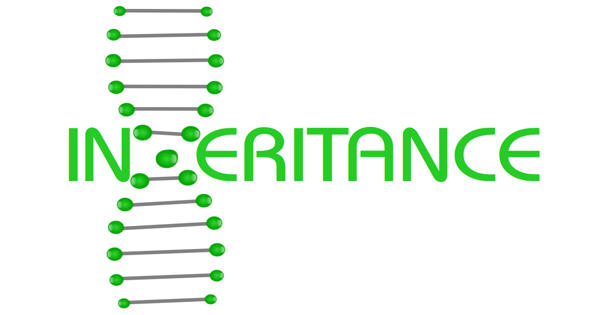Non-cumulative Preference Shares
Non-cumulative preferred stock does not issue any unpaid dividends. If the company has not paid dividends in any given year, the shareholders have no right or power to claim such forgone dividends any time in the future. Non-cumulative preference shares are those shares that provide the shareholder fixed dividend amount each year from the company’s net profit but in case the company fails to pay the dividend on such preference share to the shareholder in any year then such dividend cannot be claimed by the shareholder in future. In case the company fails to pay dividends in one year, the dividends will not accumulate in arrears. The company is only expected to pay dividends for the current year before the remaining amount is paid to the common shareholders.
f they are non-cumulative, this means that if a dividend is not paid, then it does not roll forward – the right to this particular dividend is lost forever. In case a corporation is experiencing financial difficulties, the board of directors may opt to omit, reduce, eliminate, or suspend the dividend. The common shareholders will have no choice. Nevertheless, the cumulative shareholders will have their dividends accumulate in the books of the company until the company resumes paying dividends. They will therefore receive the accumulated dividends in arrears together with the present dividend when the company decides to pay dividends.
The term “noncumulative” describes a type of preferred stock that does not pay stockholders any unpaid or omitted dividends. The non-cumulative preference shareholders hold no right to claim any unpaid dividends in subsequent years. They get a fixed amount of dividend out of the profits of each year and if in case the company fails to declare the dividend. If the corporation chooses not to pay dividends in a given year, investors forfeit the right to claim any of the unpaid dividends in the future. Preference shares do not, therefore, participate in the ongoing success of the company, except insofar as they get the dividend paid.
Non-cumulative preference shareholders offer a company the chance and greater flexibility to better manage its cash flow. This is because the payments may be suspended without any penalties being imposed on the corporation. Redeemable means that the shares can be “called” by the company, typically at par value, unless there is a premium prescribed in the shares. The shareholder will get their money back.
















